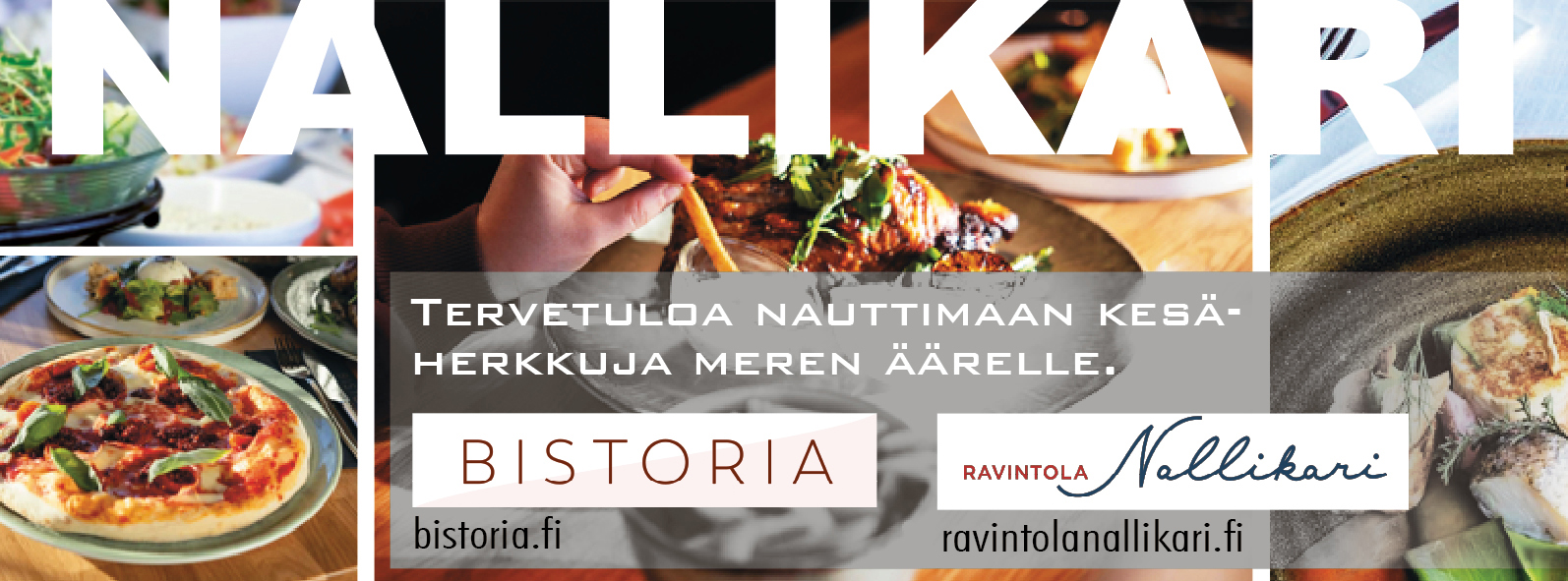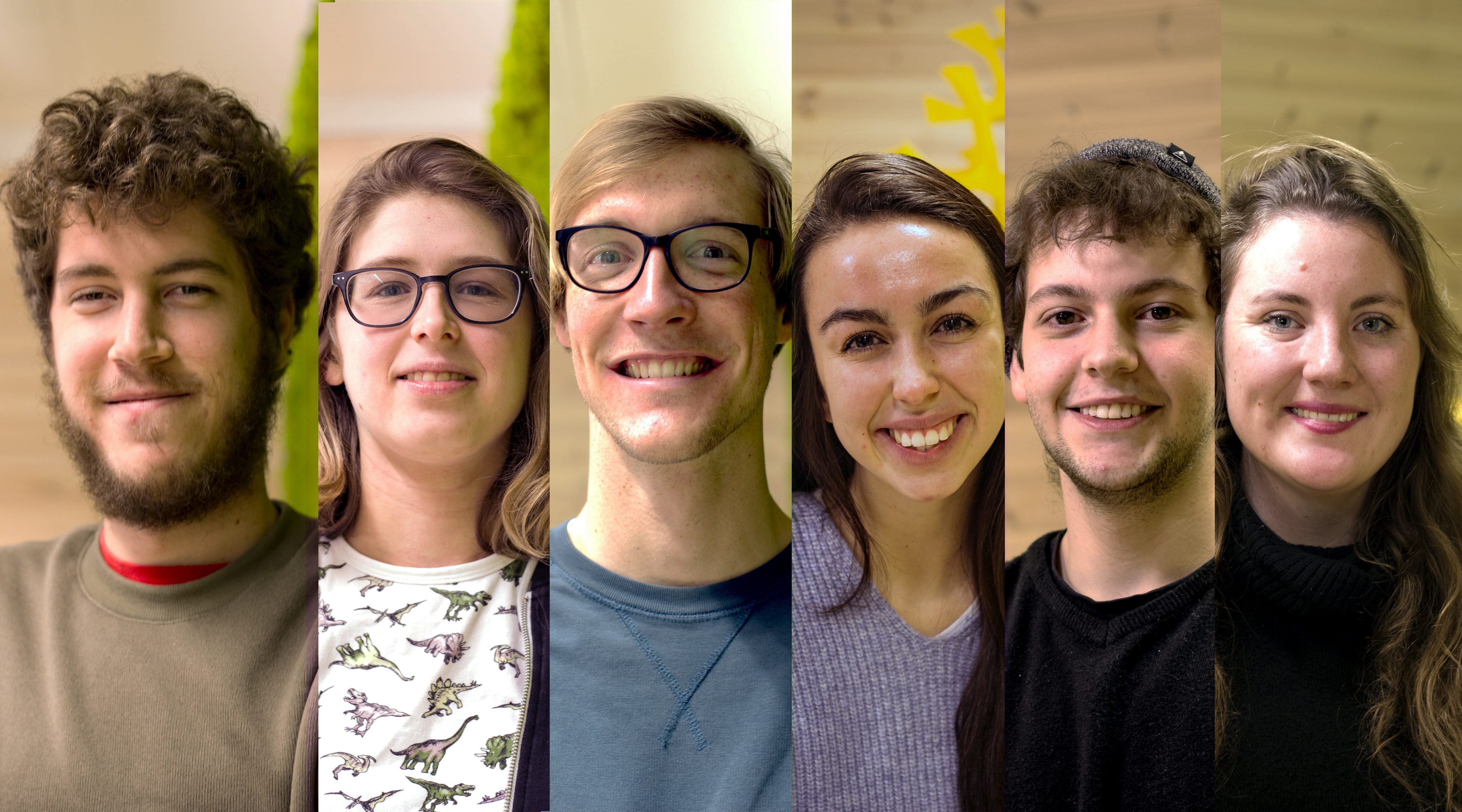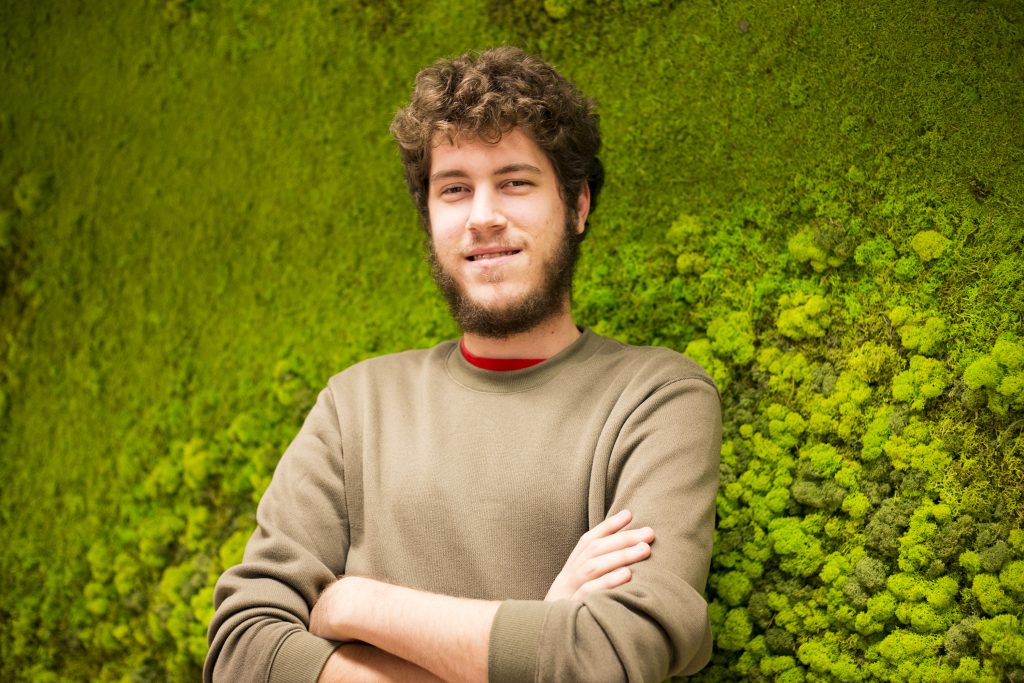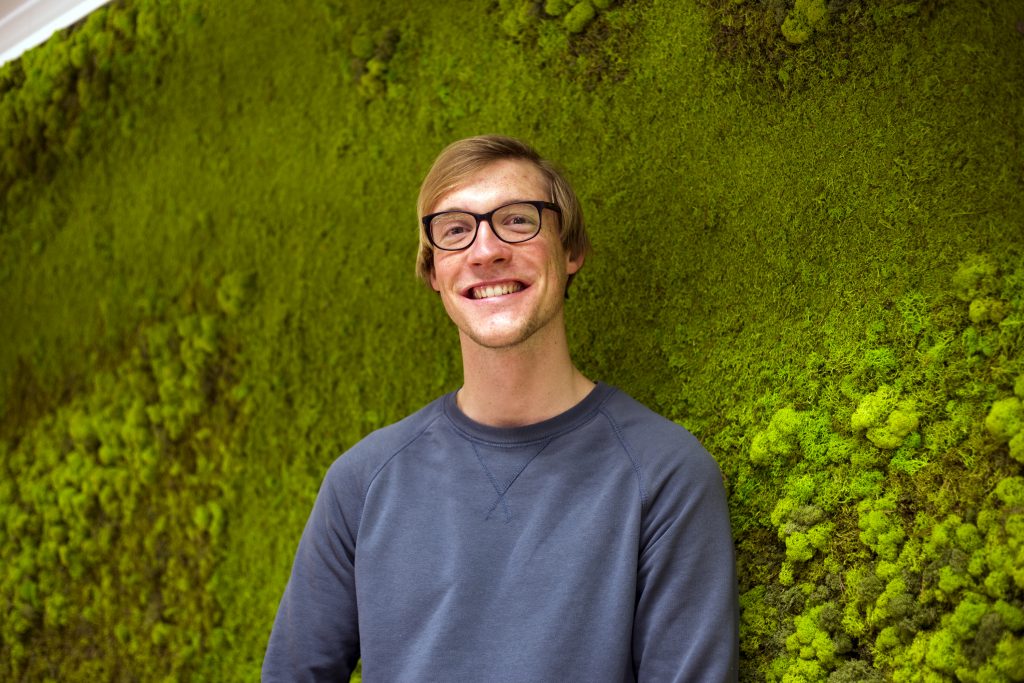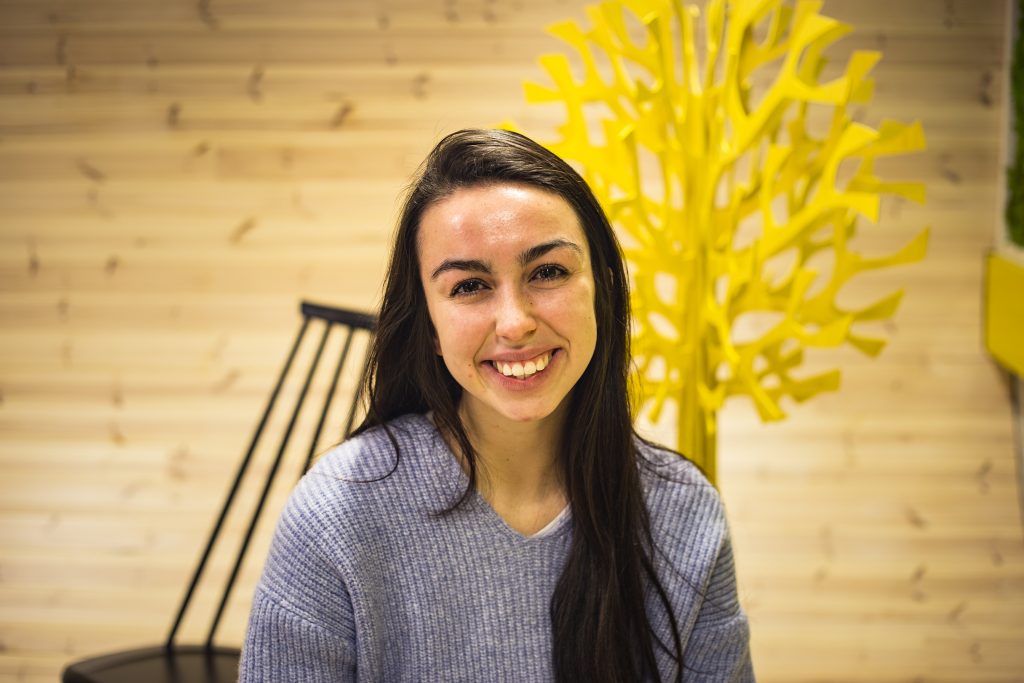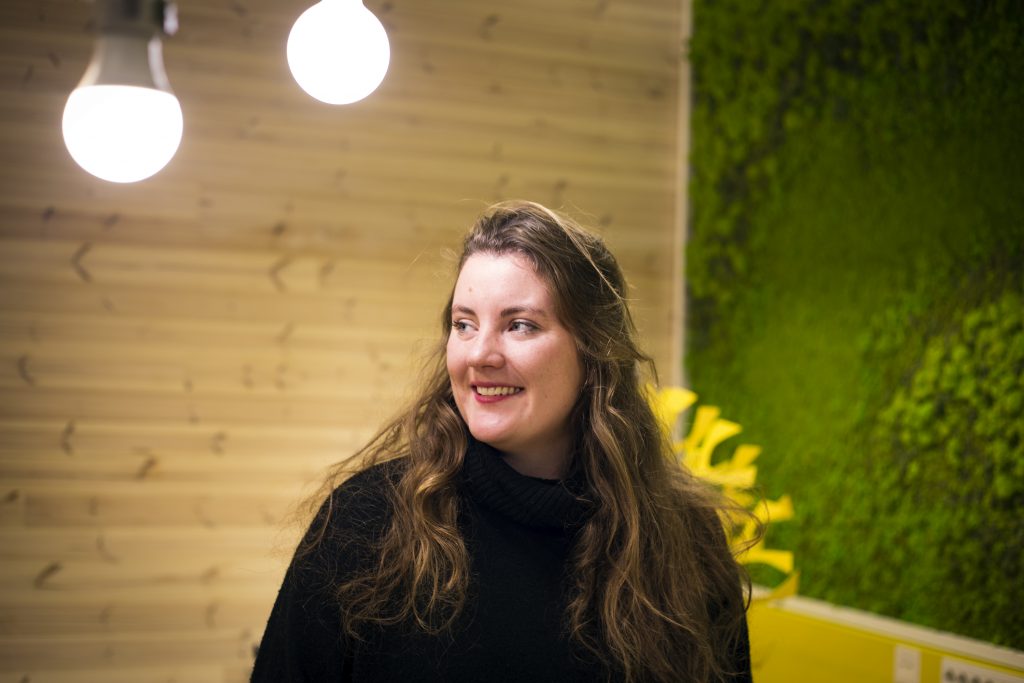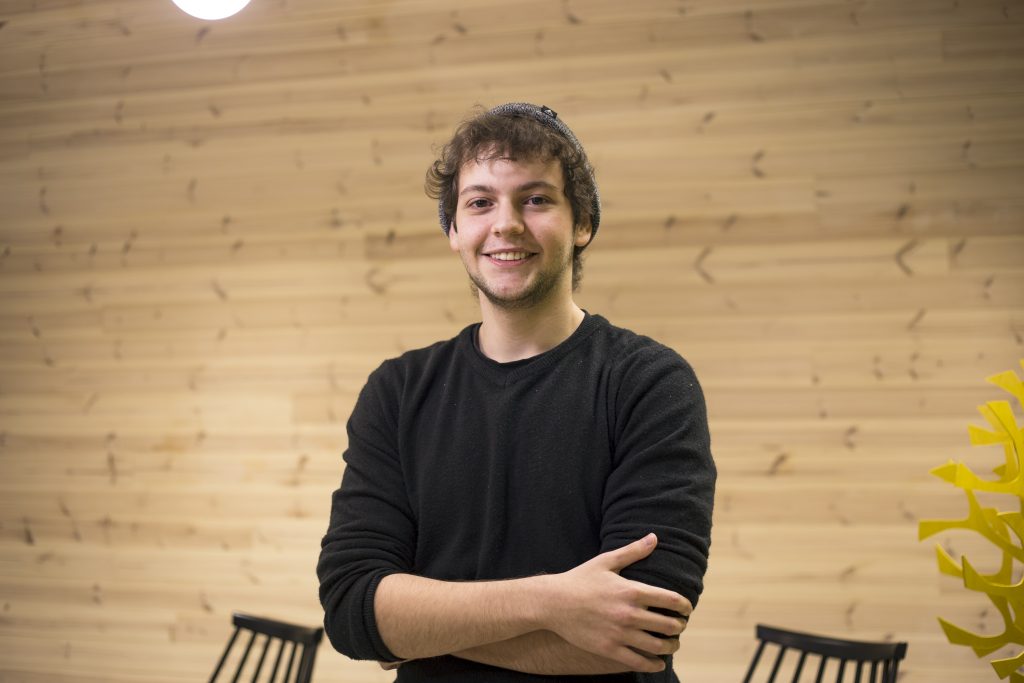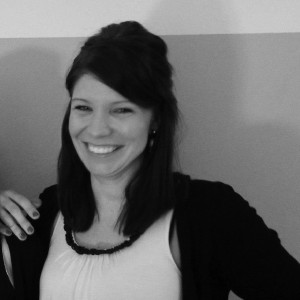At the beginning of the academic year 2020–2021, the University of Oulu extended its Career Counseling and Employability Services. More specialized support for international students will be provided by Angela Suorsa. She is the new International Student Career Guidance & Employability Designer at the University of Oulu.
As a result, there are now two Career Services Specialists at our University. The first is Outi Tolonen, who will focus on local students. The second is Angela Suorsa, who will be offering career guidance for international students and researchers and support in their post-graduation job hunt.
In practice, the new service aims to offer students with international background guidance tailored to their specific needs. The service helps with job seeking, job marketing, integrating into working life, supporting thesis and traineeship placement opportunities finding.
This year’s timetable is already booked with some exciting events, like the new Oulu at your service event this week.
What are the particular attributes of international talents, and what are some of the challenges they face?
According to Angela, job hunting is different for international students compared to local students.
“Although their international background could be used as a strength in their application, many fail to present their competencies in the application documents properly.”
For example, a common mistake made by international talent is that when mentioning their work experience from abroad, they fail to offer a clear picture of the company and the work tasks.
Finnish employers can evaluate the job seeker’s experience from the same country because they are familiar with the education, the expected skills, the working conditions, the legislation, and the requirements. However, it is challenging for local employers to know everything about education systems around the world. They might also not be familiar with the companies in the international arena where students have gained their working experience. As a result, it is more challenging to relate to them and their background.
“Therefore, the employers do not find an answer to the question: What can he do for my company and me? Nor can they answer the question: Do I need him?”
Nevertheless, cultural differences in job hunting and work mentality play a role as well. While a lengthy CV is considered an advantage in some countries, the Finnish employer won’t read one longer than 1–2 pages. The Finnish custom of addressing superiors by their first name might feel extremely impolite for people who worked in companies with a strict addressing etiquette.
“Two years are not enough”
Since the international Master’s level programs last two years, a significant challenge identified by Angela is that students usually do not have enough time to properly educate themselves about the local job market and create a strong professional and personal network.
“When applying for a Master’s Degree, international students already have a more precise idea of what career path they would like to follow. They might also have some work experience. Still, they might have different values and weaker networks, which means they need additional support upon graduation, compared to the local students.”
For the future, Angela would like to see supportive programs developed in close collaboration with the city of Oulu and the regional employment office (Te-toimisto). Such programs could connect the international students directly to the local working market and even help establish contact with the employers on behalf of the students during and after graduation.
Also, more emphasis on the sense of belonging of the international student is needed in the future. The feeling of being valued and worthy will encourage them to be more active in creating their career path and taking part in events designed to help them.
What opportunities does Oulu have to offer to its international talent?
According to Finnish law, the municipalities, like the City of Oulu, are responsible for developing an integration plan for refugees and immigrants. This usually means offering language courses and basic education.
However, as Angela points out, there is a risk that the highly skilled immigrants and university graduates fall outside of the municipality’s integration programs and the free support services that come with them.
As a result, they are not eligible to receive services such as one-year-long intensive Finnish language courses, employability guidance, familiarization with the health care system, or assistance with the paperwork related to other practical dimensions of day to day life in the community.
This can be perceived as a discouraging factor by international talent because they lack the Finnish language skills that would allow them to access more services, as well as an overall understanding of the Finnish systems and society upon graduation.
Oulu at your service (20.01.2021)
The University of Oulu’s Academic Affairs and Counselling Services are organizing an event. The event is being held together with the municipality on the 20th of January at 14.00. Oulu at your service aims to improve the visibility of the services that the City of Oulu has to offer to international talent.
Oulu at your service is an online event for all international students, researchers, alumni, employees, and their families.
During the event, you will have the opportunity to find out more about the municipality’s public transport and library services, daycares and schools, Finnish language courses, well-being, health, leisure, and entrepreneurship name a few – basically, all the essential information for a newcomer to Oulu.
You can ask specific questions in the chat and get answers from experts in different fields during the webinar. You can also send your questions in advance to and get your questions answered during the event. You can find the detailed program here and the registration form here.

